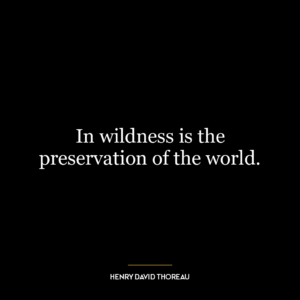We are double-edged blades, and every time we whet our virtue the return stroke strops our vice.
This quote suggests that human beings possess both virtuous and vice-like qualities, and that these two sides are intrinsically linked. The imagery of a double-edged blade is used to illustrate this dual nature. When we sharpen one edge (our virtue), we inevitably sharpen the other edge (our vice) as well. It’s a metaphor for the inherent balance of good and bad within us.
To "whet our virtue" means to cultivate and refine our good qualities, such as kindness, honesty, and courage. However, Thoreau argues that in doing so, we also inadvertently "strop our vice," or enhance our negative traits. This could be because focusing on our virtues might make us overly proud or self-righteous, or because the energy we put into improving ourselves can also be used to justify our faults.
Applying this idea to today’s world, we can see numerous examples of how the pursuit of virtue can inadvertently strop vice. For instance, the rise of social media has allowed people to connect and share ideas like never before, which is a virtue. However, it has also led to issues like cyberbullying, the spread of misinformation, and an increase in narcissistic behavior, which are vices.
In terms of personal development, this quote serves as a reminder to maintain humility and self-awareness as we strive to improve ourselves. It encourages us to recognize and accept our flaws, rather than denying or ignoring them. By doing so, we can ensure that our pursuit of virtue doesn’t inadvertently lead to an increase in vice. It also suggests that personal growth isn’t a linear process, but rather a balancing act between our virtues and vices.










